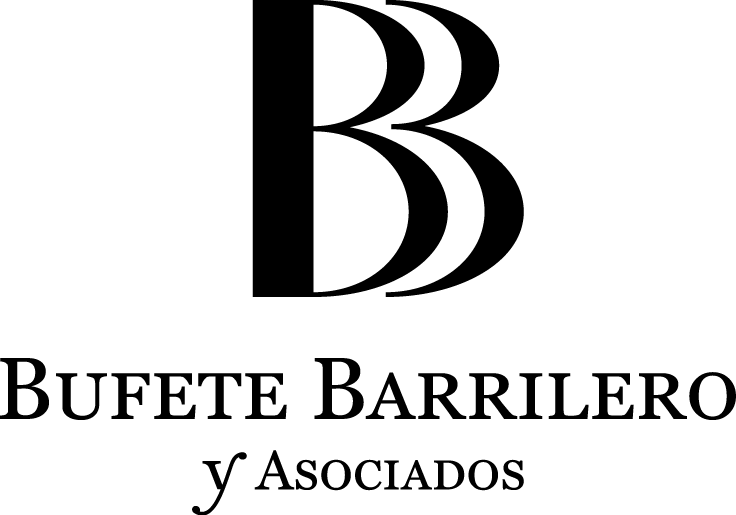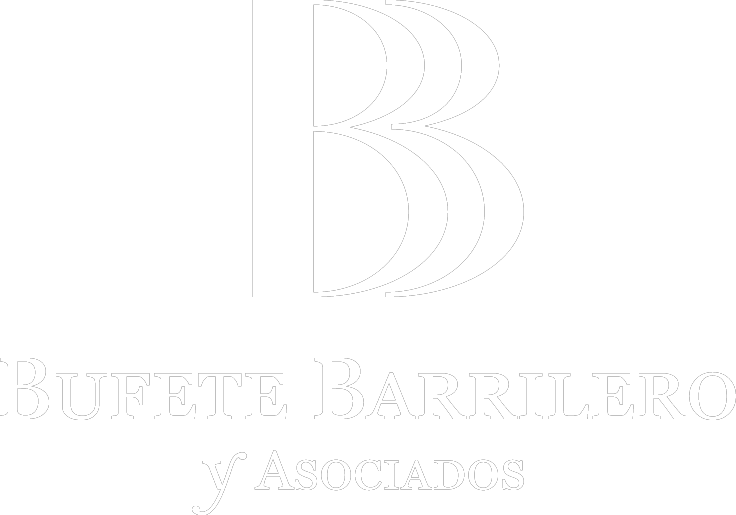With ruling no. 251 of March 16th, 2023, the Italian Tax Authorities intervened again on the interposition of two foreign trusts (a family trust and a testamentary trust), clarifying the relevant tax treatment and the tax compliance and monitoring obligations for beneficiaries tax resident in Italy.
Ferderico Di Cesare
Internacional
The settlor, an individual with Australian nationality and tax resident in Italy as from fiscal year 2014, established two trusts regulated by the Australian law:
- a “Family Trust”, including among the beneficiaries the settlor (deceased on 2019), his wife and his three sons. The trustee of this trust is a foreign company owned by part of the beneficiaries;
- a “Testamentary Trust”, including among the beneficiaries the settlor’s sons, grandsons and great-grandsons. The trustees of this trust are part of the beneficiaries.
In relation to the above, one of the beneficiaries residents for tax purposes in Italy requested to the Italian tax authorities to take a position on the potential interposition of the above mentioned trusts, with the consequent obligations on his/her tax treatment, tax compliance and monitoring obligations.
The Italian tax authorities replied affirmatively.
In effects with Circular Letters no. 43/E of October 10th, 2009, and no. 61/E of December 27th, 2010, the Italian tax authorities already clarified that a trust is considered for Italian tax purposes as “inexistent and thus interposes” whereas:
- the settlor and/or the beneficiary are empowered by the trust deed, whereby the trustee, although having discretionary powers in the management and administration of the trust, may not exercise them without the consent of the settlor and/or beneficiary;
- the trustee can’t exercise its powers without the consent of the settlor or the beneficiary;
- any other case in which the trustee’s power is limited or conditioned by the will of the settlor or the beneficiary.
Consequences: as specified by Circular Letter no. 34/E of October 20th, 2022, when a trust is considered formally interposed in respect of its own assets or activities (i.e. “fictitiously interposed”), the income “formally attributed” to the trust must be allocated directly to the beneficiary tax resident in Italy. The interposition of the trust therefore eliminates the distinction between opaque trust and transparent trust for the purposes of Italian income tax.
In the event of an interposed trust acting as a mere “formal blocker”, the Italian tax authorities confirmed the obligation for the beneficiary tax resident in Italy to fulfil and file annually Section RW (“Quadro RW”) of the Italian tax return (i.e. “monitoring obligations”) with the consequent obligations for the purposes of relevant property taxes (namely, tax on the value of real estate located abroad “IVIE” generally applicable at 0.76%, and tax on the value of financial assets held abroad “IVAFE” generally applicable at 0.20%).


